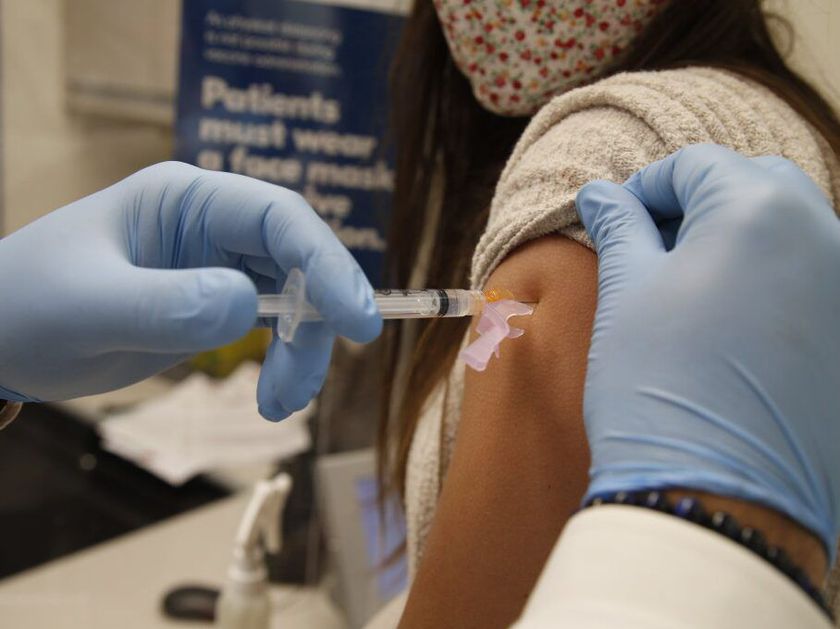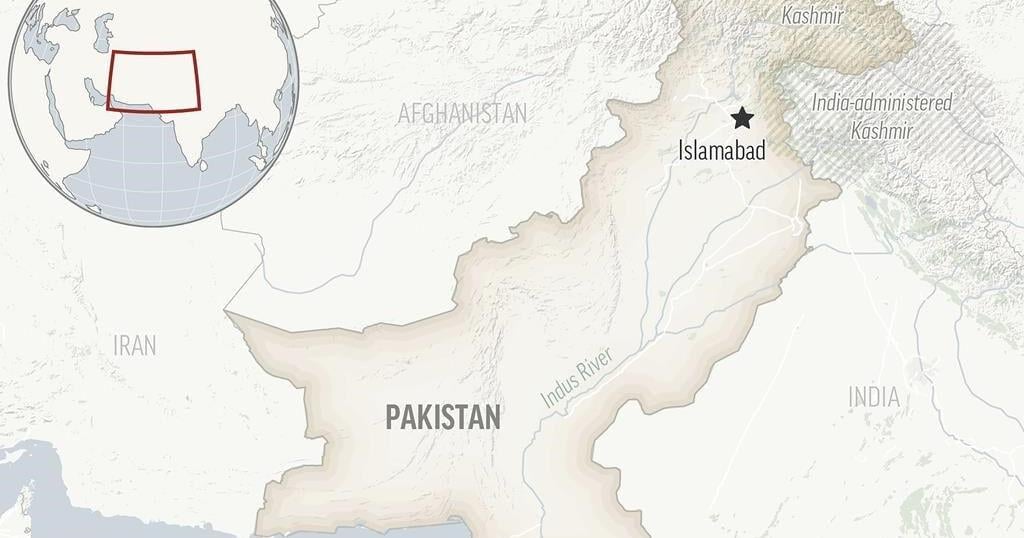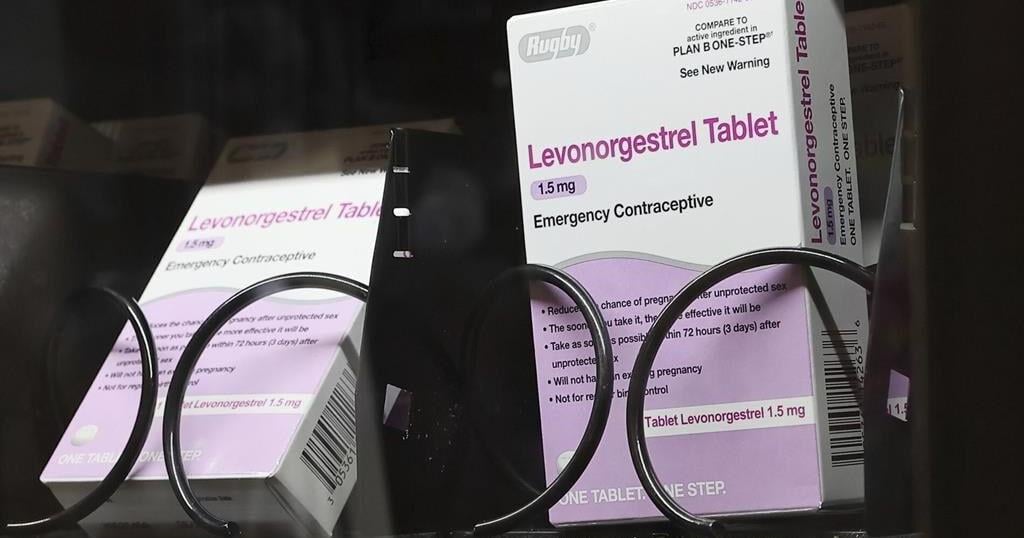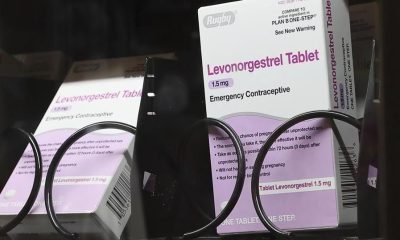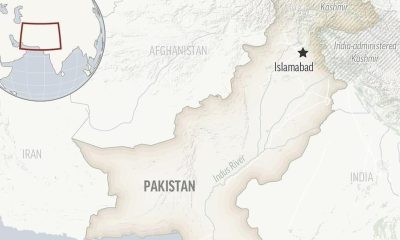Shoppers Drug Mart pharmacist Abdeen Salim Hamid administers a flu shot on Oct. 19, 2020 at the Coxwell and Danforth Aves. location.
Those seeking flu shots will face less panic than people who were intent on obtaining toilet paper as supplies dwindled on store shelves.
But that doesn’t mean demand for flu vaccine is low.
A Toronto pharmacist who owns four Shoppers Drug Mart franchises in the city’s Greektown area, said Monday there’s enough flu vaccine to go around.
John Papastergiou added he does not want to see people seeking flu shots in the same panic as shoppers who were stockpiling toilet paper.
“(The government) purchased about 30% more shots this year; we did anticipate a big jump right out of the gate,” said Papastergiou.
“That said, I don’t think that amount of demand is going to be sustainable through the whole flu season. It will die down, (even though) you hear the term, ‘twindemic’ and with COVID in full swing again.”
More than 13 million doses of the vaccine were ordered this year, compared to 11.2 million in 2019, said The Public Health Agency of Canada.
Ontario is ordering 5.1 million doses — about 700,000 more than last year, along with 1.3 million high-dose vaccines for seniors and for those with compromised immune systems.
“There was a tidal wave of demand almost immediately,” said Papastergiou. “On Thursday, one site did 500 flu shots. Some stores have got in well over 2,000 flu shots already.
“That would be approaching what we did for the entire last year in the first week-and-half,” he added.
Ontario’s Ministry of Health distributes the vaccine in waves to pharmacies, doctors’ offices and city-run flu vaccine clinics throughout the season.
There are 101 Shoppers Drug Mart locations across Ontario doing both the COVID-19 swab tests for asymptomatic patients and flu shots.
Papastergiou said that has been a challenge, with social distancing, given only a certain number of people are allowed in the store at a time.
“The models are a little different — COVID testing is appointment based … but we are keeping them separate from the traffic coming in for flu,” he said.
Papastergiou said he suggests people go to the Shoppers’ website to see what pharmacies have stock of the vaccine.
Rexall said it also expects strong demand for the flu shot.
“We are confident in the current supply levels for the flu vaccine,” said spokesperson Andrew Forgione.
Dr. Vinita Dubey, of Toronto Public Health, said community flu vaccination clinics will run until December and appointments must be booked.
“Getting vaccinated against the flu may also reduce the number of individuals who need COVID-19 testing, as the symptoms are very similar,” said Dubey.

